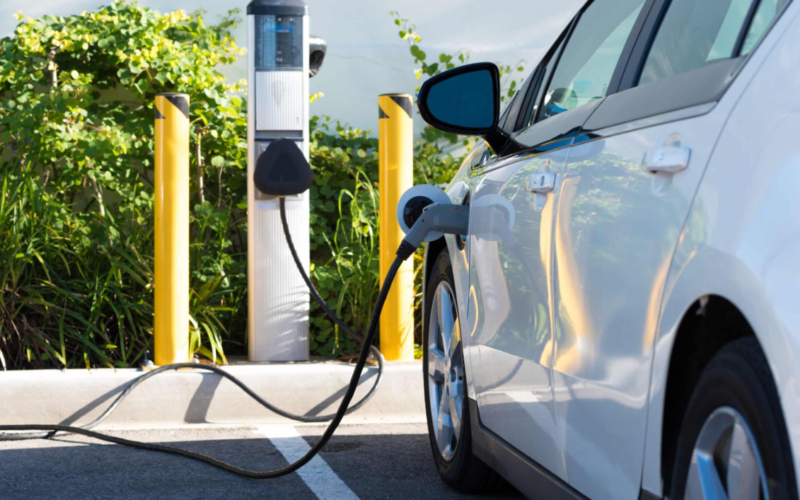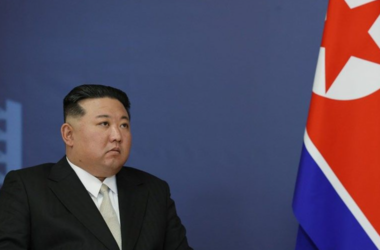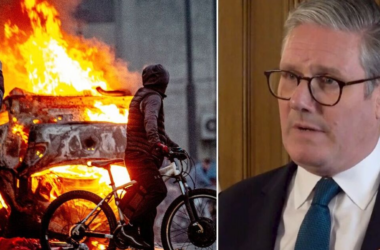Electric vehicle (EV) users aiming to recharge at Repsol’s 1,600 Spanish charging stations may encounter disappointment, as nearly half of them remain inactive due to a lack of power connection. This issue resonates across the European Union (EU), prompting the European Commission’s recent announcement of plans to upgrade the bloc’s power grids within the next 18 months, specifically addressing power shortages at EV charging stations.
Despite the EU’s commitment to advancing sustainable transport, hurdles, particularly in permitting processes, are impeding progress, as highlighted by industry groups and energy companies in discussions with Reuters. The ease of establishing EV charging hubs varies widely among member countries, with bureaucratic obstacles delaying essential infrastructure projects.
In Germany, for instance, an EV charging hub faced months of delays due to regulations protecting a single tree, while another hub, strategically located on a busy highway, had to endure a 10-month wait for a noise evaluation before receiving approval. Red tape and administrative complexities are extending the timeline for installing fast and ultra-fast charging points, hindering the complete process, which Repsol estimates can last from one to two years in Spain.
While the European Commission acknowledges permitting challenges, concrete tools or actions to address them have not been proposed, according to industry groups like ChargeUp Europe. Specific guidelines to expedite permitting processes are expected in the next two years, slowing down the rollout of EV charging hubs across the 27-member bloc and jeopardizing EU targets to phase out traditional vehicles.
The time required to connect EV recharging points to the grid has become a significant barrier, hindering the accelerated adoption of EVs. The process for setting up a fast EV station has seen a notable increase from an average of six months to two years in recent times, reflecting the complexity of navigating rules from federal to municipal levels.
The electrification of transport plays a crucial role in the EU’s ambition to achieve carbon neutrality by 2050, with a ban on sales of CO2-emitting vehicles from 2035. However, bottlenecks are emerging as power companies and regulators grapple with unanticipated surges in demand. Industry representatives emphasize the need for member states to take proactive steps to address permitting challenges and align with EU goals.
The EU’s law mandating the installation of fast chargers by 2030 along designated road networks aims to facilitate the growth of EVs. However, charging developers face difficulties obtaining basic data about potential hubs, making investments challenging. The need for more standardization in requirements for charging hubs is evident, with industry leaders urging the Commission to provide guidelines that can help align EU members’ efforts.
As the demand for EVs continues to rise, overcoming bureaucratic hurdles in permitting processes becomes crucial for achieving the EU’s climate goals and ensuring the successful deployment of widespread EV charging infrastructure. Standardization and streamlined processes are essential to meet the evolving needs of the growing EV fleet in the EU.








